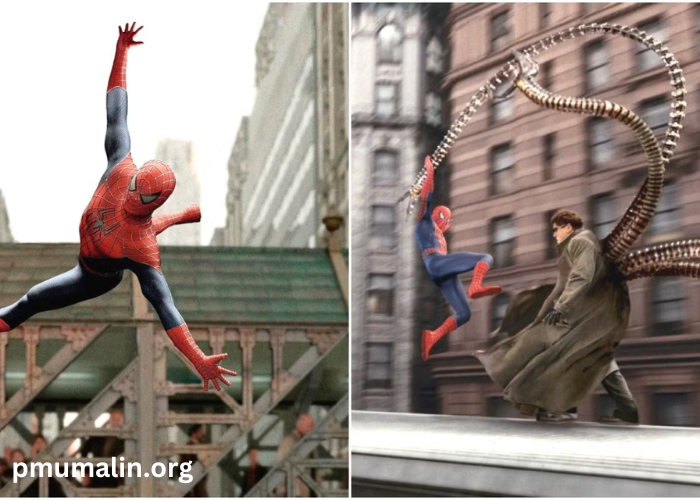Superhero cinema has undergone a remarkable transformation over the past few decades. From the humble beginnings of comic book origins to becoming a dominant force in the global box office, the journey of superhero films is a fascinating tale of innovation, cultural shifts, and technological advancements. Explore a wide range of movies and TV shows on SDMoviesPoint2. Stream or download your favorite content in high quality for an unparalleled viewing experience.
The Golden Age of Comics
The roots of superhero cinema can be traced back to the golden age of comic books in the 1930s and 1940s. Iconic characters like Superman, Batman, and Wonder Woman were introduced by companies such as DC Comics and Marvel Comics (then Timely Publications). These superheroes captured the imagination of readers with their extraordinary powers and compelling stories of good versus evil.
Early Cinematic Adaptations
The first attempts to bring superheroes to the big screen began in the 1940s with serial films. These were short episodic films shown in theaters before the main feature. Superman made his live-action debut in a 1948 serial, followed by Batman in 1943. While these early adaptations were popular, they were often limited by the special effects and storytelling techniques of the time.
The Silver Age and Beyond
The 1960s and 1970s saw a resurgence in superhero popularity, both in comics and on screen. The Batman TV series (1966-1968), starring Adam West, brought a campy, humorous take on the Dark Knight, which resonated with audiences. However, it was the 1978 release of “Superman: The Movie,” directed by Richard Donner and starring Christopher Reeve, that truly marked a turning point. This film’s success demonstrated that superhero stories could be treated with a serious, epic scope and high production values.
The Modern Era: CGI and Expanded Universes
The 2000s heralded a new era for superhero cinema, driven by advancements in CGI technology and a deeper exploration of character development. The release of “X-Men” in 2000 and “Spider-Man” in 2002 set the stage for what would become a blockbuster genre. These films proved that superhero movies could attract diverse audiences and generate significant box office revenue.
The true game-changer came in 2008 with the launch of the Marvel Cinematic Universe (MCU) with “Iron Man.” Marvel Studios, under the leadership of Kevin Feige, introduced the concept of an interconnected universe where characters from different films could crossover and impact each other’s stories. This ambitious approach culminated in the unprecedented success of “The Avengers” in 2012, which brought together major superheroes in a single film.
Cultural Impact and Box Office Dominance
Superhero films have not only dominated the box office but have also left an indelible mark on popular culture. They have provided a platform for exploring complex themes such as identity, morality, and power. Characters like Black Panther and Wonder Woman have become cultural icons, representing diversity and empowerment.
In recent years, superhero films have consistently topped the box office charts. “Avengers: Endgame” (2019) became the highest-grossing film of all time, grossing nearly $2.8 billion worldwide. The success of these films has also paved the way for spin-offs, TV series, and merchandise, creating a multi-billion dollar industry.
The Future of Superhero Cinema
The future of superhero cinema looks promising, with studios continuing to innovate and expand their universes. Upcoming films and TV series promise to introduce new characters, explore different genres, and delve into deeper, more nuanced storytelling. As technology continues to advance, the visual spectacle and immersive experiences offered by superhero films are likely to reach new heights.
Conclusion
In conclusion, the evolution of superhero cinema from comic books to box office dominance is a testament to the enduring appeal of these larger-than-life characters and their stories. As they continue to evolve, superhero films will undoubtedly remain a cornerstone of global entertainment, captivating audiences for generations to come.
